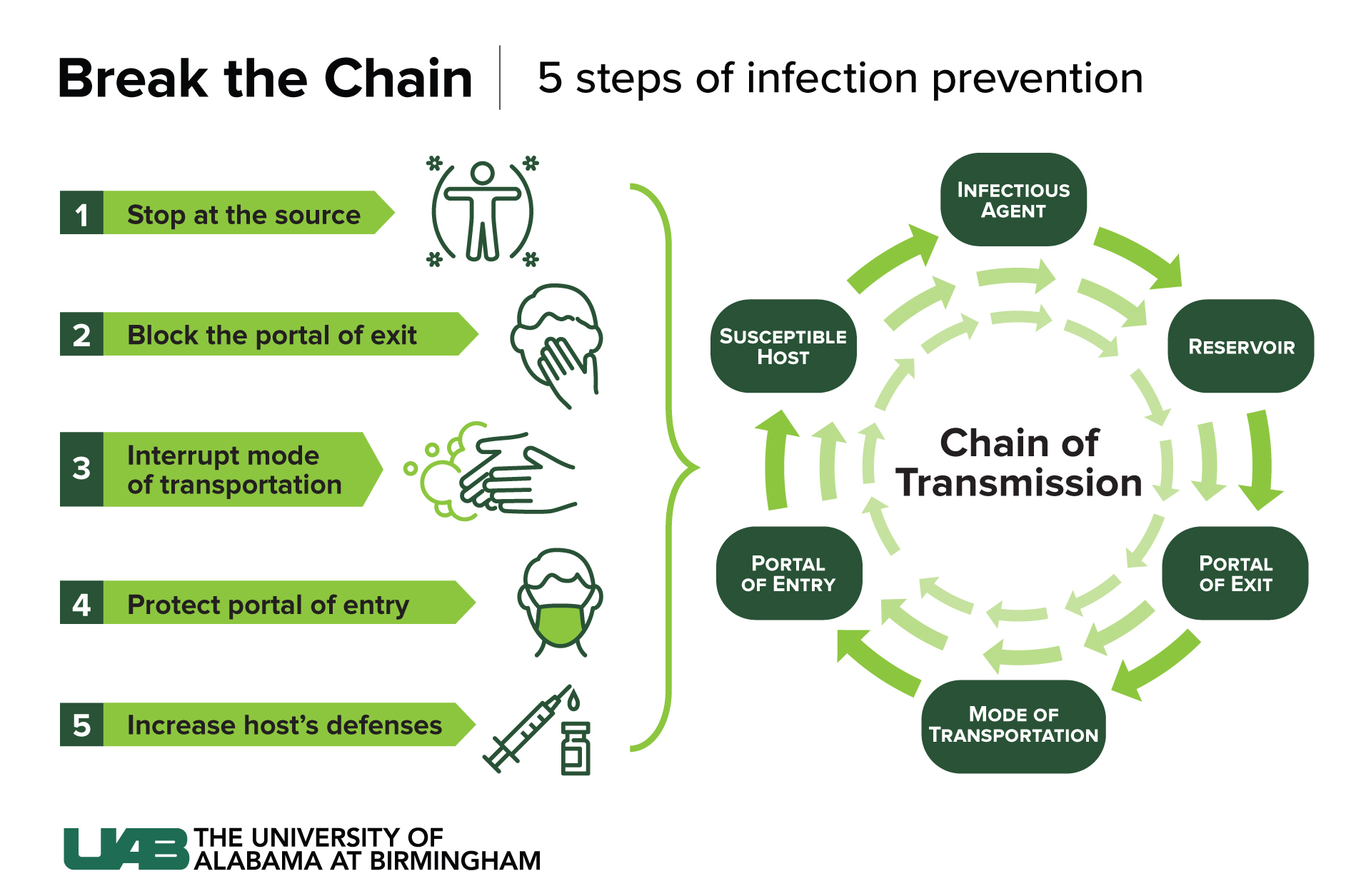Watch the media Q&A with Karen Landers M.D., Markus Buchfellner, M.D., and Henry Shiau, M.D., here.
Since fall 2021, pediatric physicians at the University of Alabama at Birmingham Marnix E. Heersink School of Medicine and Children’s of Alabama have discovered nine cases of pediatric hepatitis linked to the adenovirus-41 strain identified through bloodwork. The pediatric patients were from across the state of Alabama, and an epidemiological linkage among the patients has not been determined.
The nine pediatric patients, all under age 10, presented with varying degrees of illnesses and liver injury, including liver failure. All patients presented with jaundice, or yellowing of the skin, and were tested and diagnosed with hepatitis. Two patients required liver transplants.
“The adenovirus is typically associated with respiratory infections, as well as gastrointestinal infections,” said Helena Gutierrez, M.D., medical director of the UAB and Children’s Pediatric Liver Transplant Program. “It is very rare for a healthy person to develop a severe illness that requires hospitalization from this virus.”
According to the CDC, adenoviruses usually cause respiratory illnesses or conjunctivitis, and outbreaks can occur throughout the year. There is no specific time of year when adenovirus infections and outbreaks are more common. Sporadically reported cases and outbreaks of adenovirus include adenovirus types 40 and 41, which occur in the intestines and cause gastroenteritis, usually in children.
Hepatitis, or inflammation of the liver, can present with flu-like symptoms, gastrointestinal issues, fever and jaundice. Children can get hepatitis by contracting a virus that causes it. While adenovirus can cause hepatitis, this is the first time the adenovirus-41 strain has been linked to several severe cases.
The UAB and Children’s team worked with the Alabama Department of Public Health and the Centers for Disease Control and Prevention to issue a health alert regarding their findings. The alert encourages clinicians with pediatric patients with hepatitis of unknown cause to consider testing for the specific adenovirus strain.
“We were able to uncover the possible association with the adenovirus-41 strain because it is our standard practice to screen patients diagnosed with hepatitis for adenovirus,” said Markus Buchfellner, M.D., pediatric infectious diseases physician at UAB and Children’s. “For us to dig deeper into this medical mystery and see if this strain is the cause of these severe hepatitis cases, we first need more data on how widespread the outbreak is.”
Adenoviruses are commonly spread in the air through coughing and sneezing, through close personal contact, touching unclean surfaces, or through contact with stool. To prevent the spread of these viruses, follow infection prevention best practices, which include:

Click image to enlarge.
Graphic by: Jody Potter
- Washing hands with soap and water for at least 20 seconds
- Avoid touching eyes, nose or mouth with unclean hands
- Cough and sneeze into elbow or tissue
- Use disinfectants to wipe down surfaces
- Wear masks and eye protection
- Avoid close contact with infected individuals
If children develop respiratory or gastrointestinal symptoms, or a fever, parents should monitor the symptoms and talk with their child’s pediatrician.
“While this cluster was surprising and alarming, we do not want this report and alert to cause a panic among the public,” said Henry Shiau, pediatric hepatologist at UAB and Children’s. “Diarrhea, vomiting and fever are very common symptoms in children, especially those who are in day care or in school. What is important is for parents and pediatricians to have awareness of the signs of liver disease, such as yellowing of the eyes and skin, and let us know so we can investigate further."